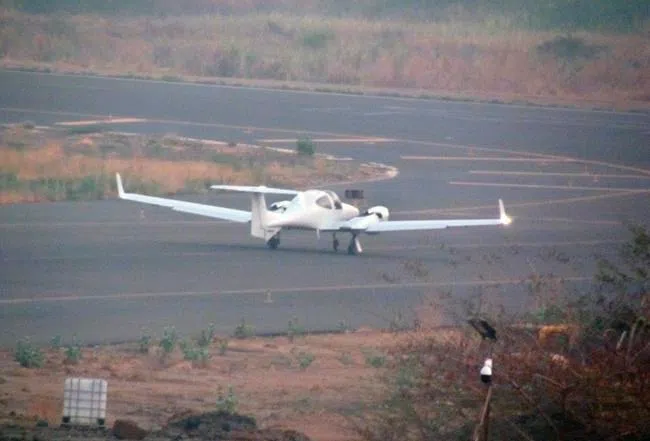
Uganda diverted weapons to South Sudan despite arms embargo
JOHANNESBURG — A key broker of the latest deal to end South Sudan’s civil war diverted European weapons to South Sudan’s military despite an EU arms embargo, a new report says. It also asks how a U.S. military jet ended up deployed in South Sudan in possible violation of arms export controls.
The London-based Conflict Armament Research report , released on Thursday, raises questions about Uganda’s support for neighbouring South Sudan’s government even as it promotes itself as a neutral negotiator in one of Africa’s deadliest conflicts.
South Sudan’s warring sides signed the peace agreement in September to end a five-year civil war that has killed nearly 400,000 people. Previous deals have collapsed in gunfire. The new report is a “forensic picture of how prohibitions on arms transfers to the warring parties have failed,” said Conflict Armament Research’s executive director, James Bevan.
The report says Uganda bought arms and ammunition from at least three EU members — Bulgaria, Romania and Slovakia — that were diverted to South Sudan’s military and armed allies in Sudan. The transfers occurred before the United Nations Security Council imposed its own arms embargo on South Sudan earlier this year but well after the EU embargo.